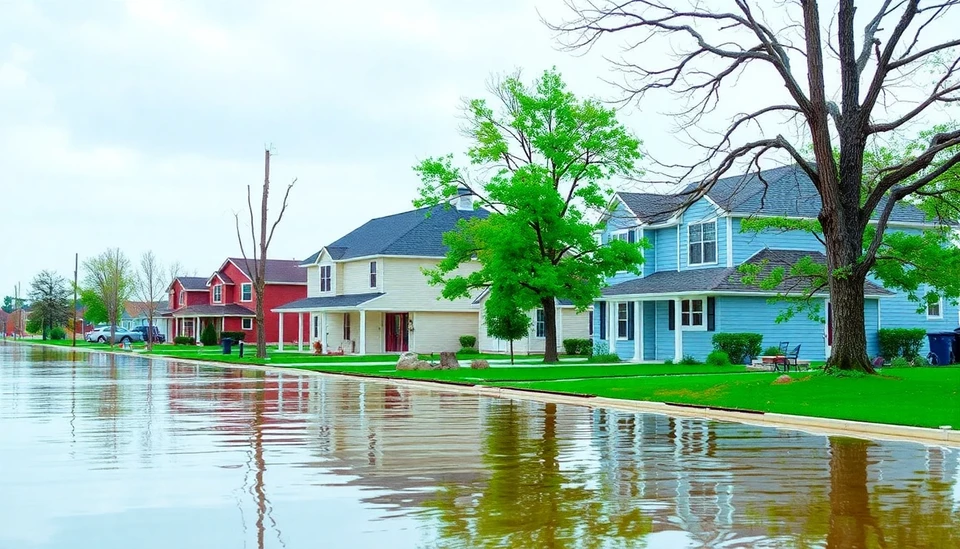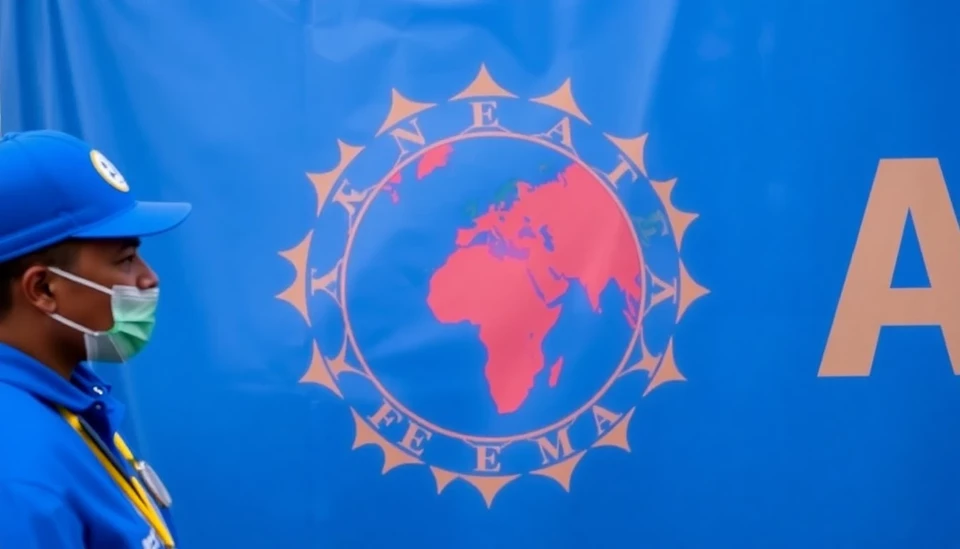
As nature unleashes its fury with a pair of successive hurricanes, the Federal Emergency Management Agency (FEMA) is bracing for an unprecedented strain on its already dwindling resources. This natural onslaught promises to test the limits of America's premier disaster response body, revealing glaring vulnerabilities in the nation's emergency preparedness infrastructure.
In the wake of Hurricane Fritz, which carved a destructive path across the southeastern United States, another menacing storm is on approach. Meteorologists warn that Hurricane Gina, following closely on its predecessor's heels, could deliver an equally devastating punch to the communities still grappling with the aftermath of Fritz's chaos.
FEMA's coffers, siphoned by an active year of natural disasters - from wildfires to floods and other hurricanes - are running perilously low. This financial exhaustion raises serious questions about the agency's capacity to respond effectively to the impending crisis. With recovery efforts from previous disasters ongoing, FEMA finds itself in a precarious position, needing urgent federal support to stay afloat.
The consecutive occurrence of such powerful storms is particularly challenging. Not only does it squeeze the agency's budget, but it also stretches its human resources thinner than ever. First responders and emergency personnel, many already deployed in the wake of Fritz, face the daunting task of doubling their efforts and enduring longer periods away from their families.
FEMA Administrator Deanne Criswell has sounded the alarm, advocating for immediate congressional action to inject additional funds to bolster the agency. "The reality is that we are at a critical juncture," Criswell stated. "Our ability to respond to the needs of the American people hangs in the balance without a swift infusion of financial support."
As the nation awaits the landfall of Hurricane Gina, many communities have already enacted evacuation plans, relying heavily on FEMA's coordination. The dual disasters underscore the urgent necessity for sustainable funding mechanisms and robust disaster preparedness frameworks.
Now more than ever, there is an acute awareness that FEMA's struggle is a national issue, one that demands prompt and strategic policymaking. With climate change amplifying the intensity and frequency of such natural phenomena, the current scenario acts as both a warning and an opportunity to reassess and innovate the ways in which the country anticipates and responds to disasters.
The coming days will be critical as FEMA, state, and local agencies band together to weather the dual threats and manage the complex logistics of disaster response efforts. The national gaze is fixed firmly on these unfolding events, encapsulating a broader narrative about resilience, collaboration, and the stakes of climate adaptation in the modern world.
#FEMA #HurricaneFritz #HurricaneGina #DisasterResponse #EmergencyPreparedness #ClimateChange #FundingCrisis
Author: Megan Clarke




